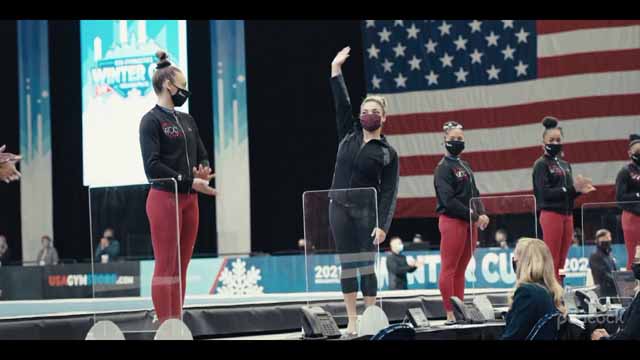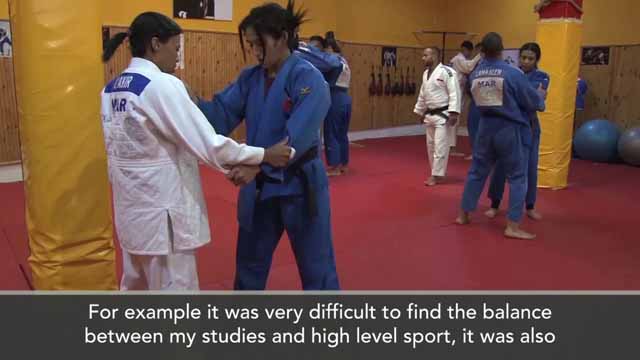Tokyo Olympics : US athletes prepare to debut Olympic rock climbing
After a COVID-19 delay, climbing is finally joining the Olympic Games. The sport will make its debut as an Olympic competition in Tokyo this summer. "Cancellation or postponement of the Olympics was something that I wasn't going to stress about. If it happened, then it was going to happen. But I just tried to focus on my own training, be prepared no matter what happens," said Nathaniel Coleman one of two men representing the United States. Because it's a new sport, the number of athletes will be limited to just 20 men and 20 women, said Meg Coyne, manager for USA Climbing National Teams. In total, 19 countries are sending athletes for the inaugural competition. "It's effectively climbing triathlon. Three disciplines of climbing back-to-back to back, and your total rank is the combination of all three," she added. The inaugural Olympic climbing competition will include three disciplines: lead, bouldering and speed. The first discipline is speed climbing, where two climbers face off on a wall and whoever reaches the end win. Lead is similar to what climbers encounter when scaling rock faces outdoors. Climbers have six minutes to climb a wall of about 15 meters with a variety of holds. Whoever climbs highest wins. Ties are broken by time. Lead climbing is "arguably the highest pressure," Coyne said. In Bouldering, climbers have four minutes to complete each of four "problems" on 4.5-meter walls. The problems include overhangs, wedges and holds barely big enough to hold a fingertip. Some problems involve a "dyno" - jumping in a dynamic movement to the next hold - and occasionally going upside down is the best way up. Climbers get as many attempts as they want within the time limit and receive credit for completing a boulder by securing the top hold with both hands in a controlled manner. There are also zone holds midway up the wall where climbers can earn partial credit. Meanwhile, Coleman continues preparing for the summer games and is "pretty stoked to be a part of it." "Climbing is such a balance of strength and execution," he said. You can have all the strength in the world, but if you don't know how to use it right and you don't know the timing of the movement, it's not going to get you anywhere."
Details
- Released : 30-Jun-2021
Categories
- Olympics 2021










